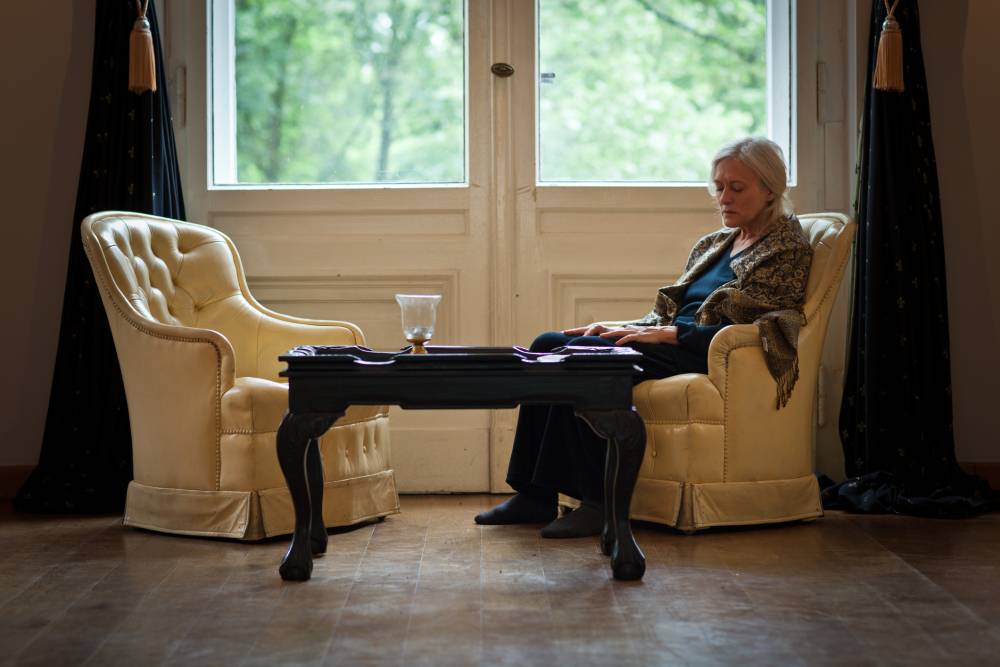Senior Relocation
Relocation Stress Syndrome (RSS)
What is Relocation Stress Syndrome (RSS) ?
RSS is a range of physical and emotional conditions that can occur when a person moves from one living arrangement to another. RSS is also known as "transfer trauma".
Like to Know More?
RSS can impact behavior, mood, and physiological well-being. Anyone at any age can experience RSS symptoms, whether it be a child moving to a new primary school or a young adult going off to be a boarder at university.
For elderly persons moving into residential aged care, RSS can lead to a decline in physical and psychological well-being that may also result in significant health complications.
Relocation Stress Syndrome - Risk Factors
Some risk factor may make an elderly person more prone to experiencing RSS:
- Elderly persons with mobility limitations - who may not be getting around independently
- Elderly persons with vision or hearing impairment
- Elderly persons with impaired cognitive function (e.g., cognitive decline or Alzheimers disease)
- Individuals with minimal family support, living alone, or living distant from family members
- Individuals struggling with routine home maintenance and activities of daily living, or feeling unsafe in the home environment
- Residents currently living in aged care homes at risk of closing down
- Residents that have experienced natural disasters (floods, bushfires, earthquakes) that may require permanent or temporary relocation. (We have relocated family members from the NZ Christchurch earthquake to be closer to family members in Australia)
Relocation Stress Syndrome - Consequences
- Increased Anxiety and Depression
- Increased Cognitive decline
- Psychological distress
- Dissatisfaction with aspects of the move
- Withdrawal from family and social activities
- Reduced appetite leading to loss of weight
- Pre-mature death
How to Reduce Relocation Stress Syndrome
- Engage the older person in the decision making process of selecting where they will live. Discuss their needs and preferences. Explore various options and take tours of these options. If the older person is engaged in the decision making process, they will experience better outcomes when they move to their new home
- Discuss the relocation as early as possible or prior to a crisis. Unfortunately, many moves for older adults occur because of a fall, accident, or medical incident. If the relocation is prompted by a crisis, it is likely there will be fewer options available
- If the older adult is moving to a nursing home, assisted living or other supportive housing setting, consult staff about what strategies they use to reduce the risk of a new resident experiencing Relocation Stress Syndrome. Strategies may include assigning a staff person, or a resident "buddy" to new residents or encouraging involvement in activities to meet other residents and staff
- Some older persons may have difficultly participating in the decision making process because of complicated medical conditions or impaired cognition. Do your best to keep them informed of what is going on. Give them the opportunity to ask questions
- Get other family members or friends involved in the process. If the older person feels less lonely during the moving process and feels as though they are being supported by family and friends, their risk of Relocation Stress Syndrome will likely be reduced
- Downsizing will likely be an exceptionally emotional process for the older person. Many older adults have lived in their home for many years and have amassed quite a few possessions. It can be difficult to go through the process of selecting what to keep and what to give away. Be available to help them sort their possessions into items they want to keep, donate, or gift to friends/loved ones. It is likely that this process will bring a lot of memories to the surface. Be sure there is sufficient time to reminisce
- It may be helpful to set up the new space in a way that is similar to their old space. Bring cherished items such as pictures or other memorabilia that make the person feel more at home. As an example, take photographs of how memorabilia and photos were arranged on a bookshelf and organize them in a similar way in the aged care home
Relocation Stress Syndrome - What NOT to do
RSS and Transfer Trauma typically will subside within 1 - 3 months. That’s the typical time it takes a senior to adjust to their new surroundings. What you don’t want to do in the meantime is move the elderly person more than once.
It is best to make sure that the first move is the right one - rather than repeating the steps again - which creates additional stress on the older person.
Aged Care Placement Guide

Aged Care Planning in the Holiday Season
ResiCare Financial Changes - July 2025
Higher Everyday Living Fee (HELF)
Guide to Residential Care
Eligibility and Assessment
Residential Care Financials
Hints and Tips
Selecting the Aged Care Home
Admission Day
Transition and Settling In
Residential Care STAR Ratings